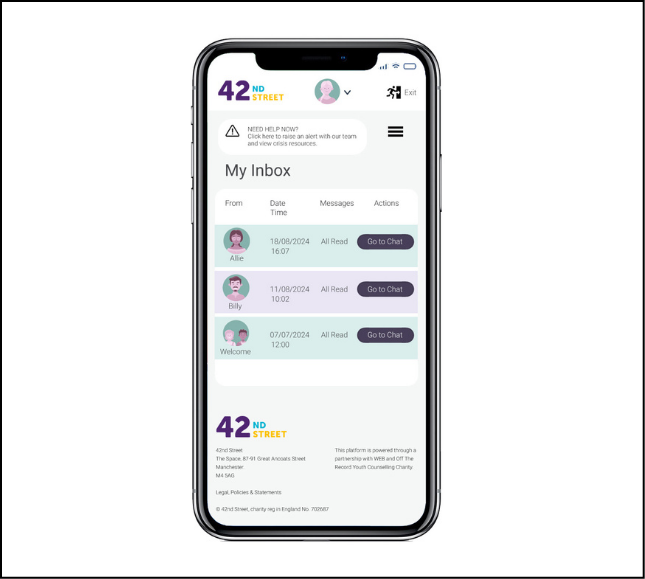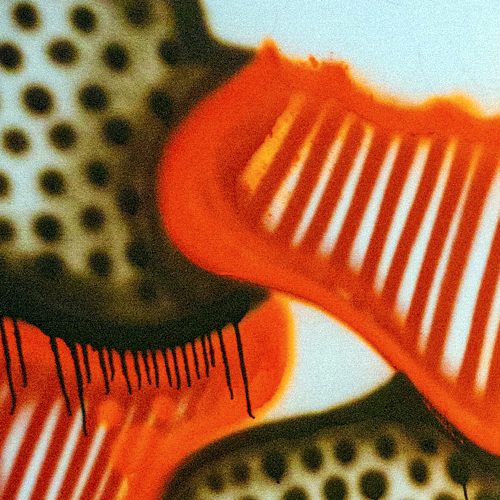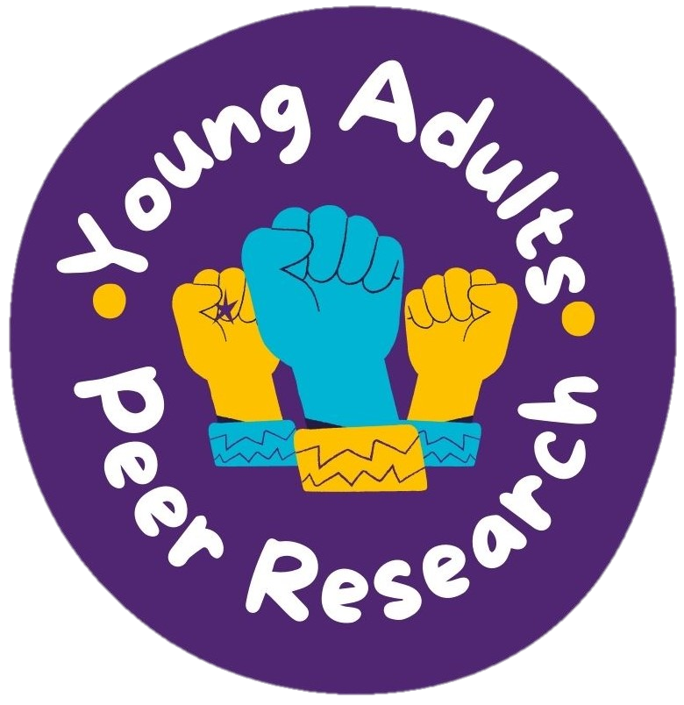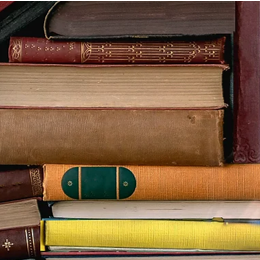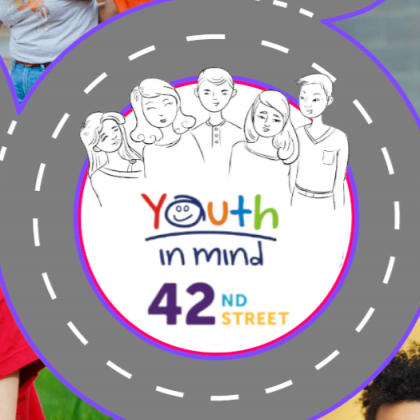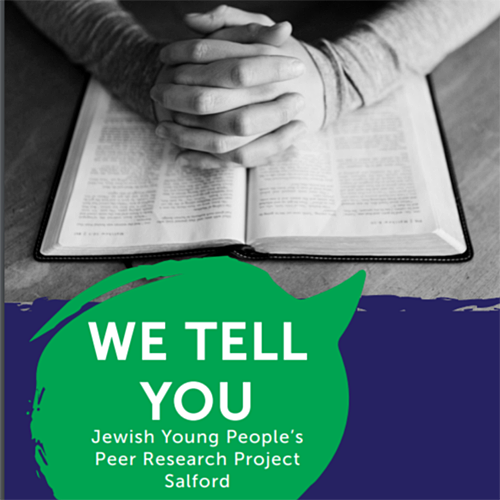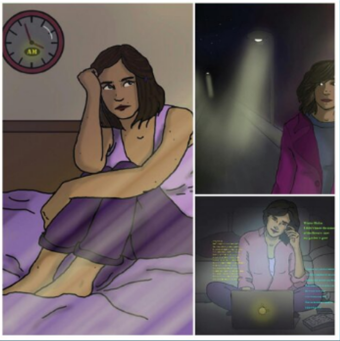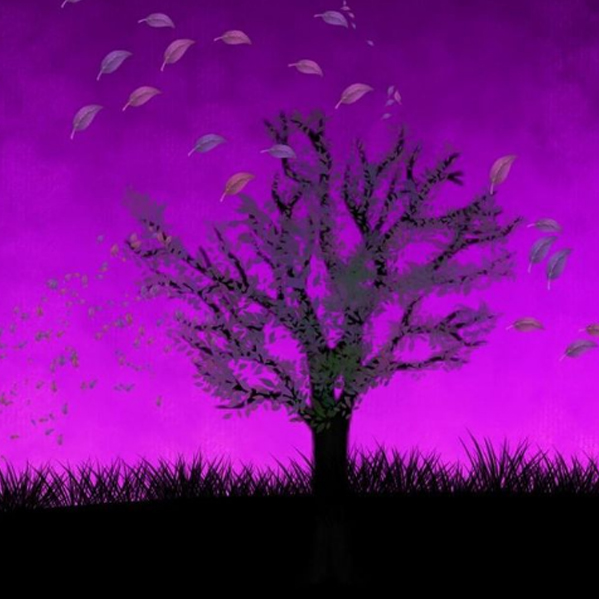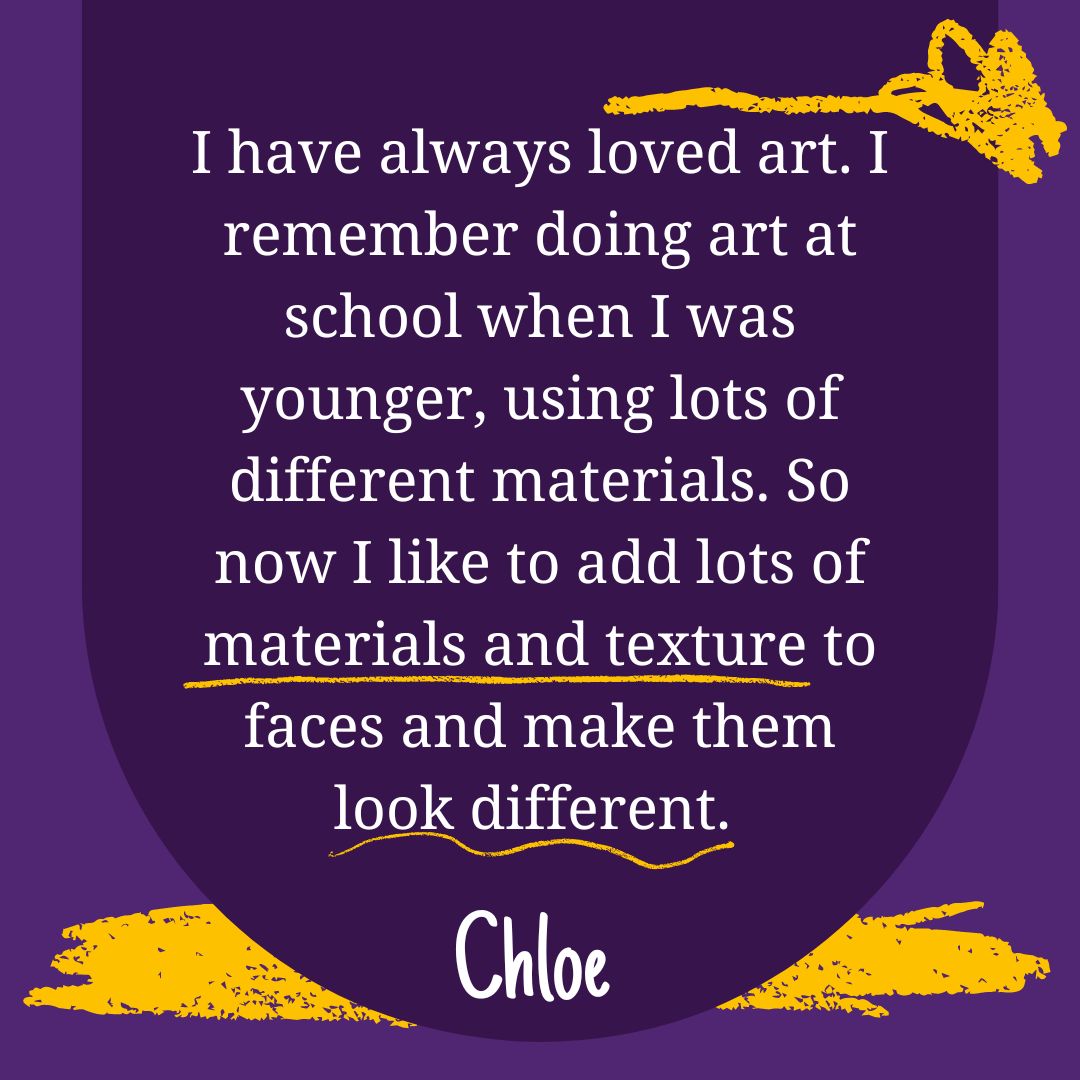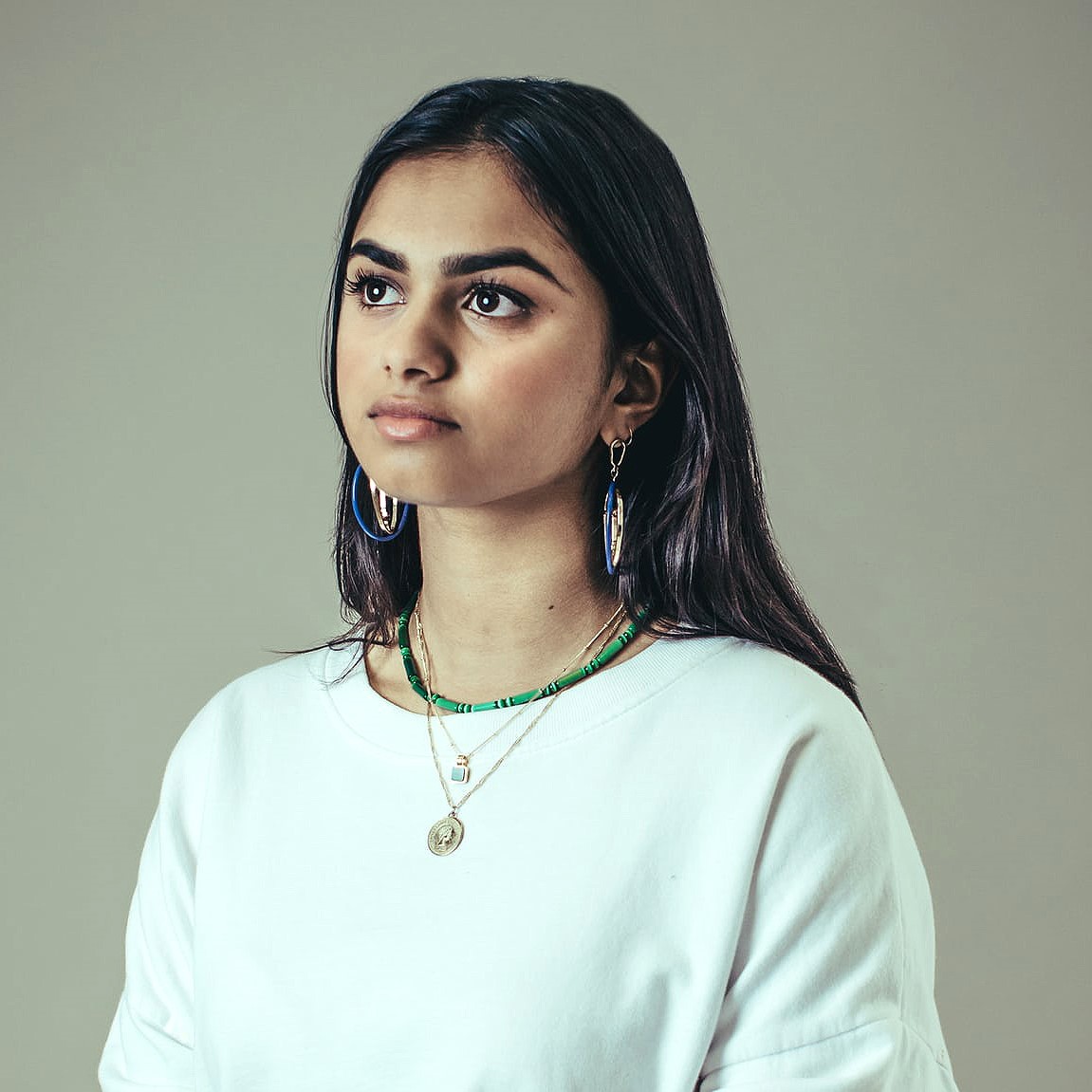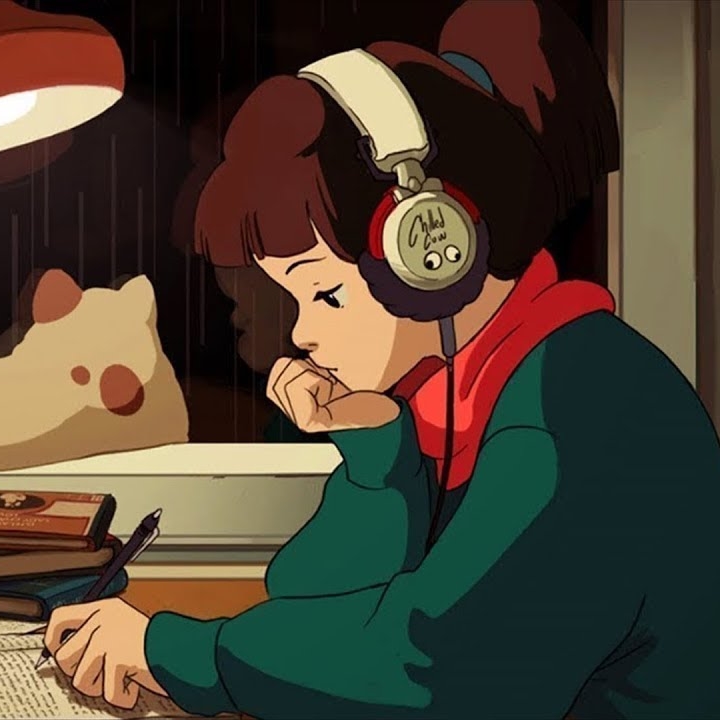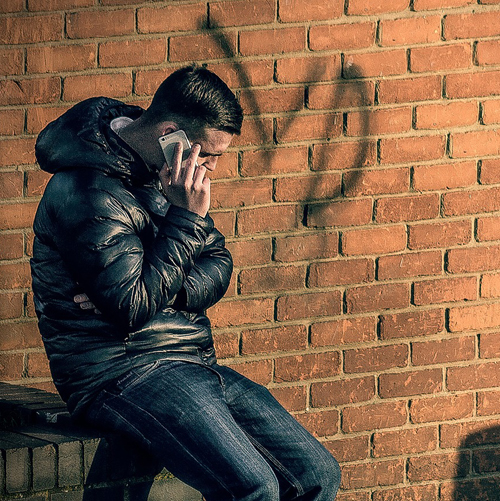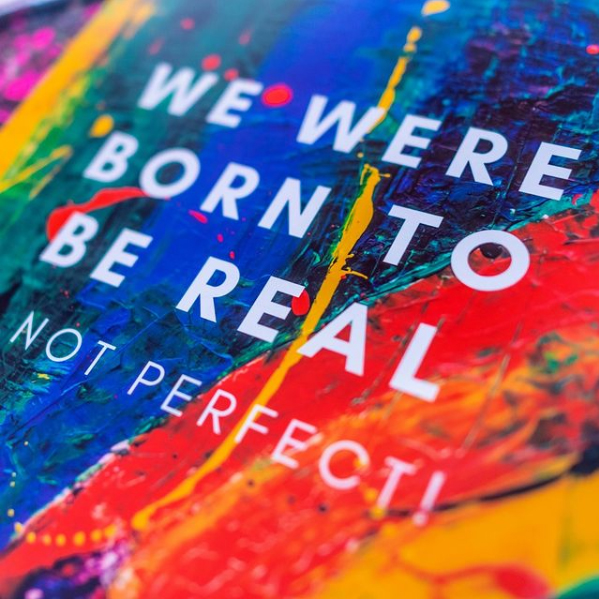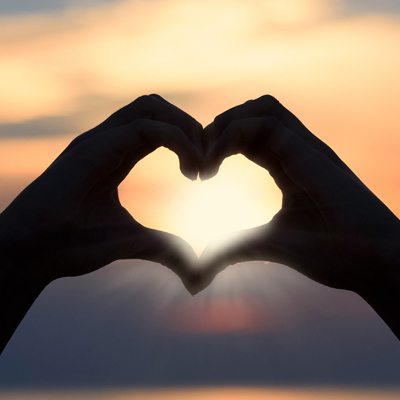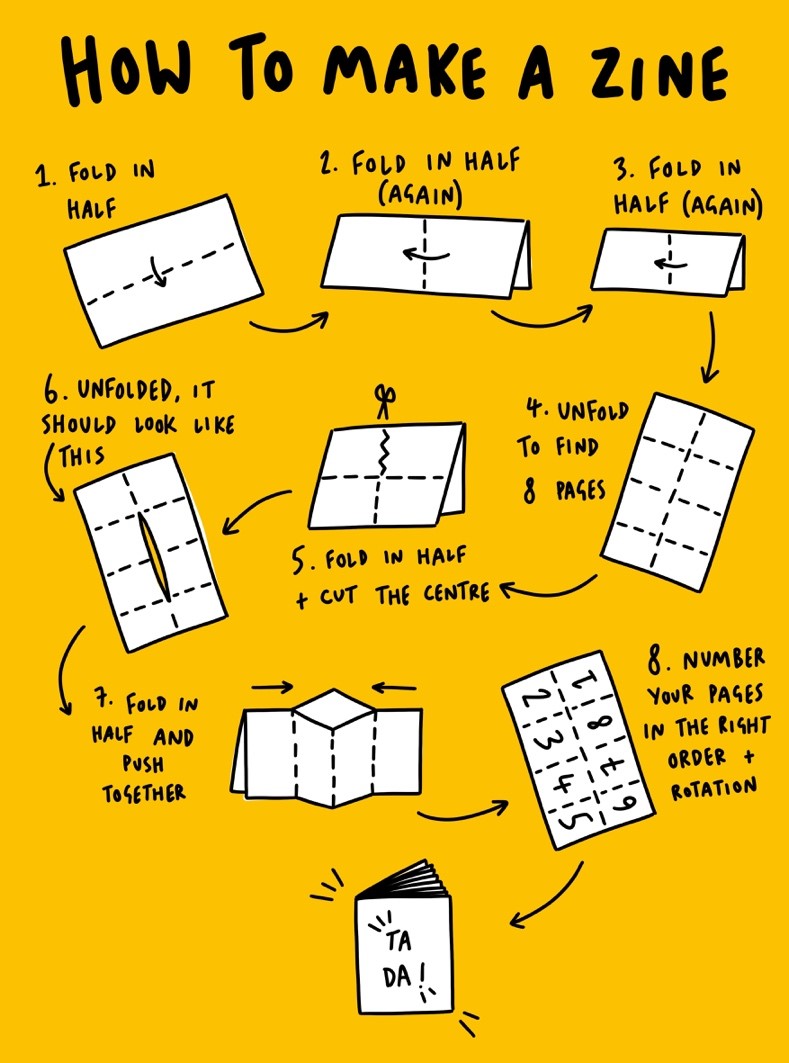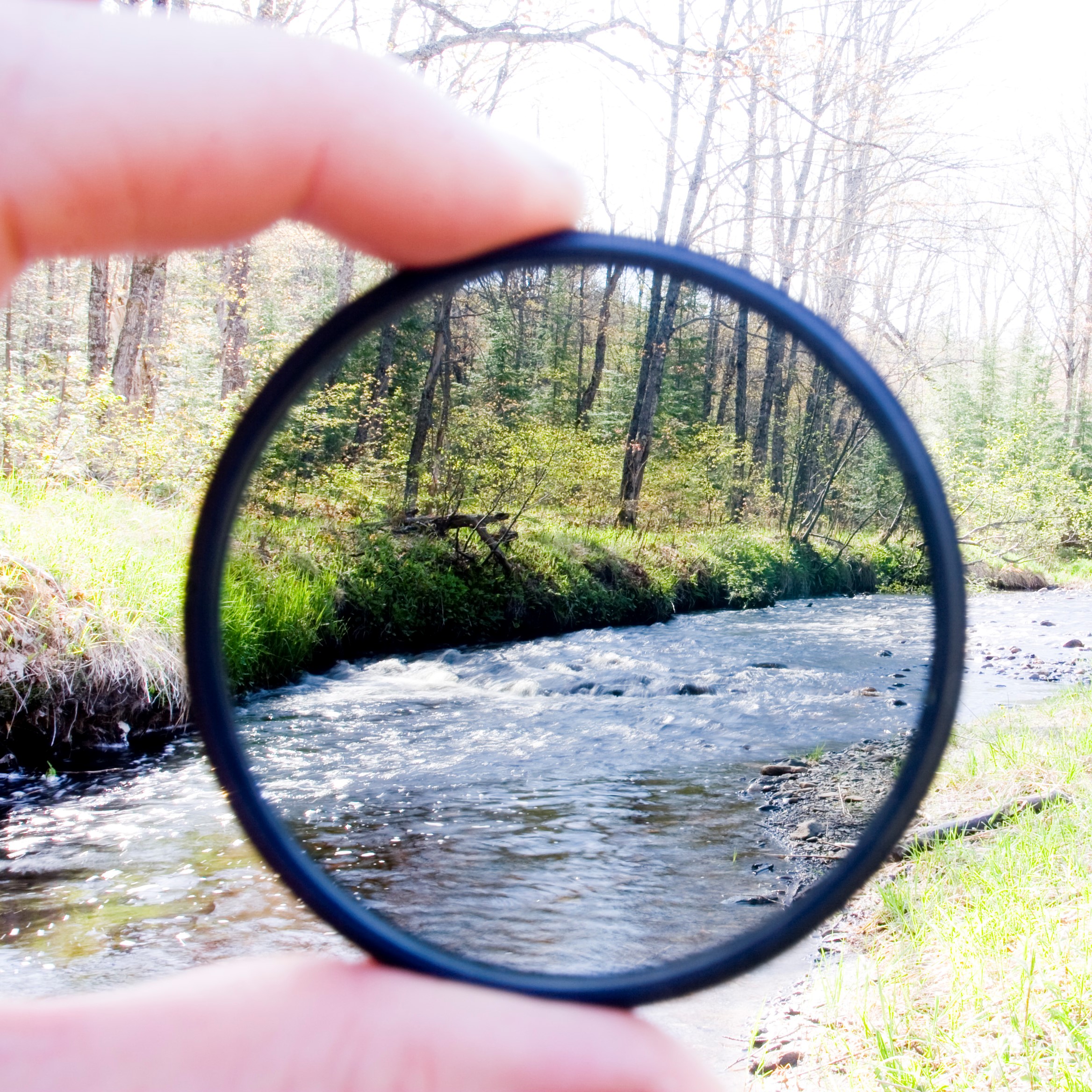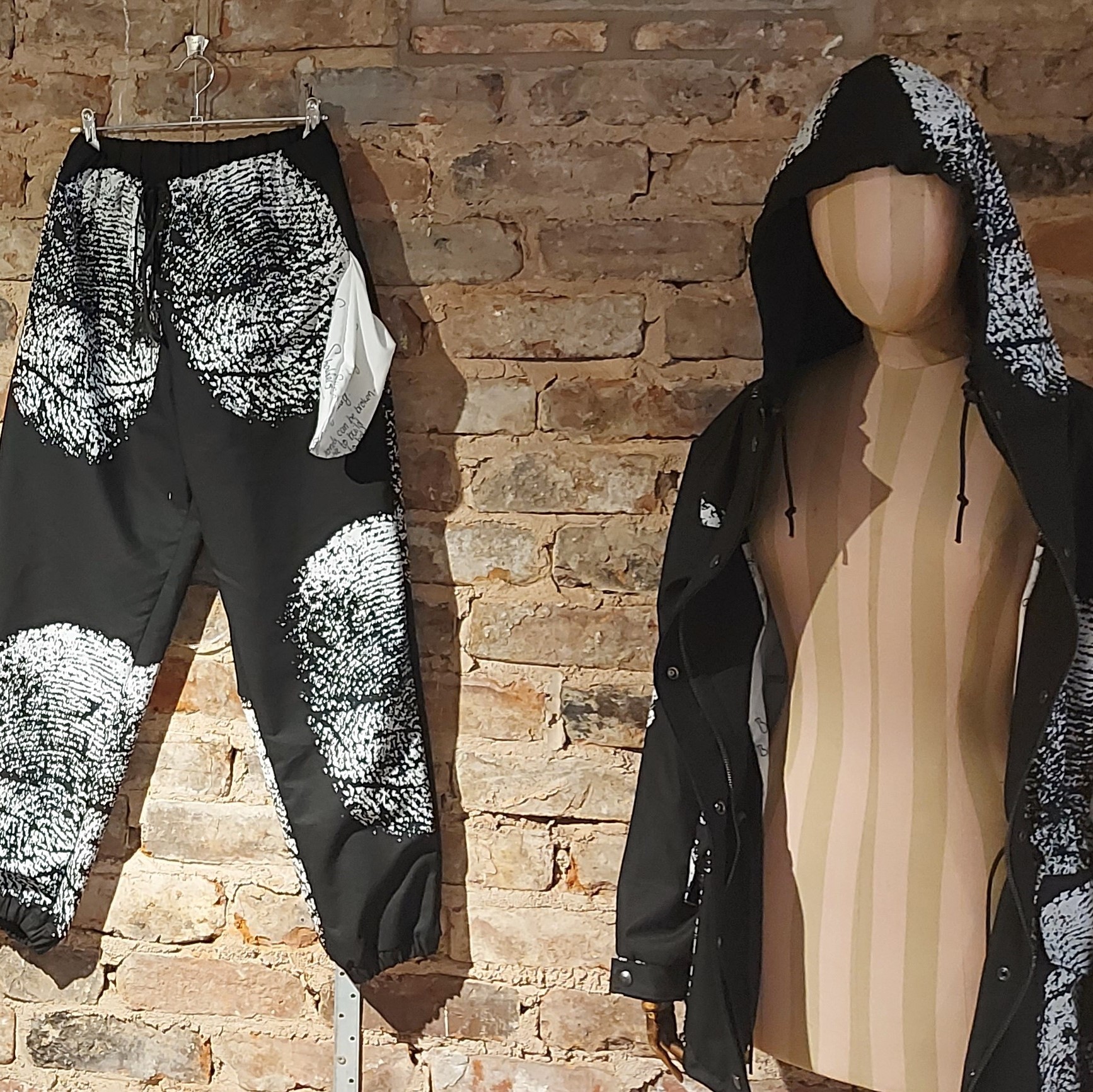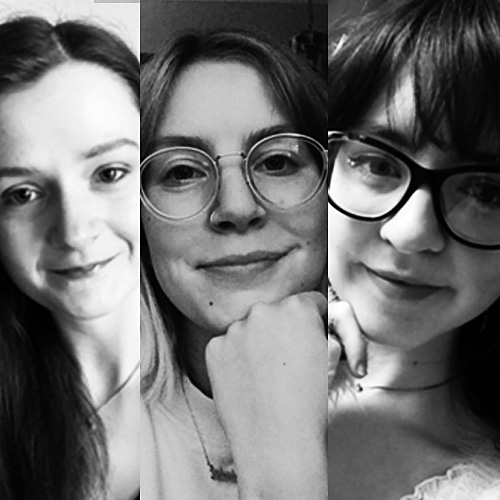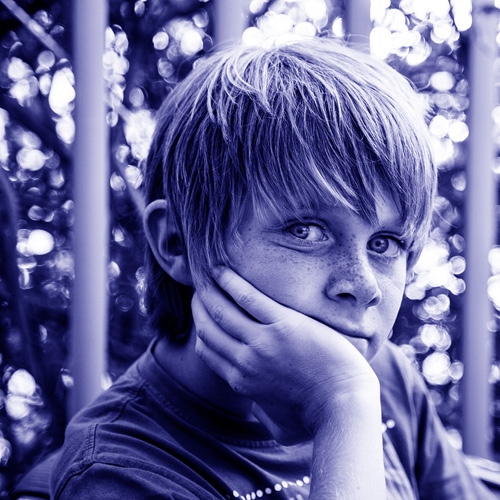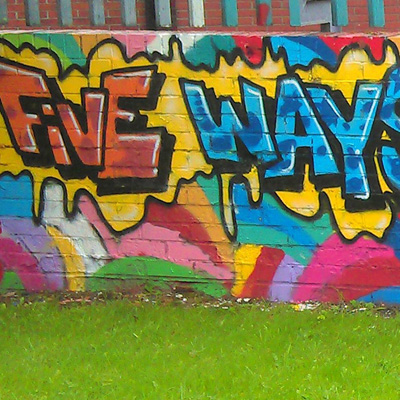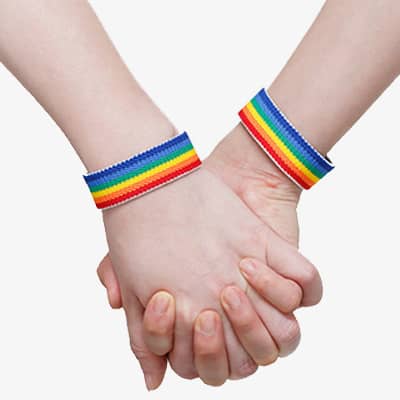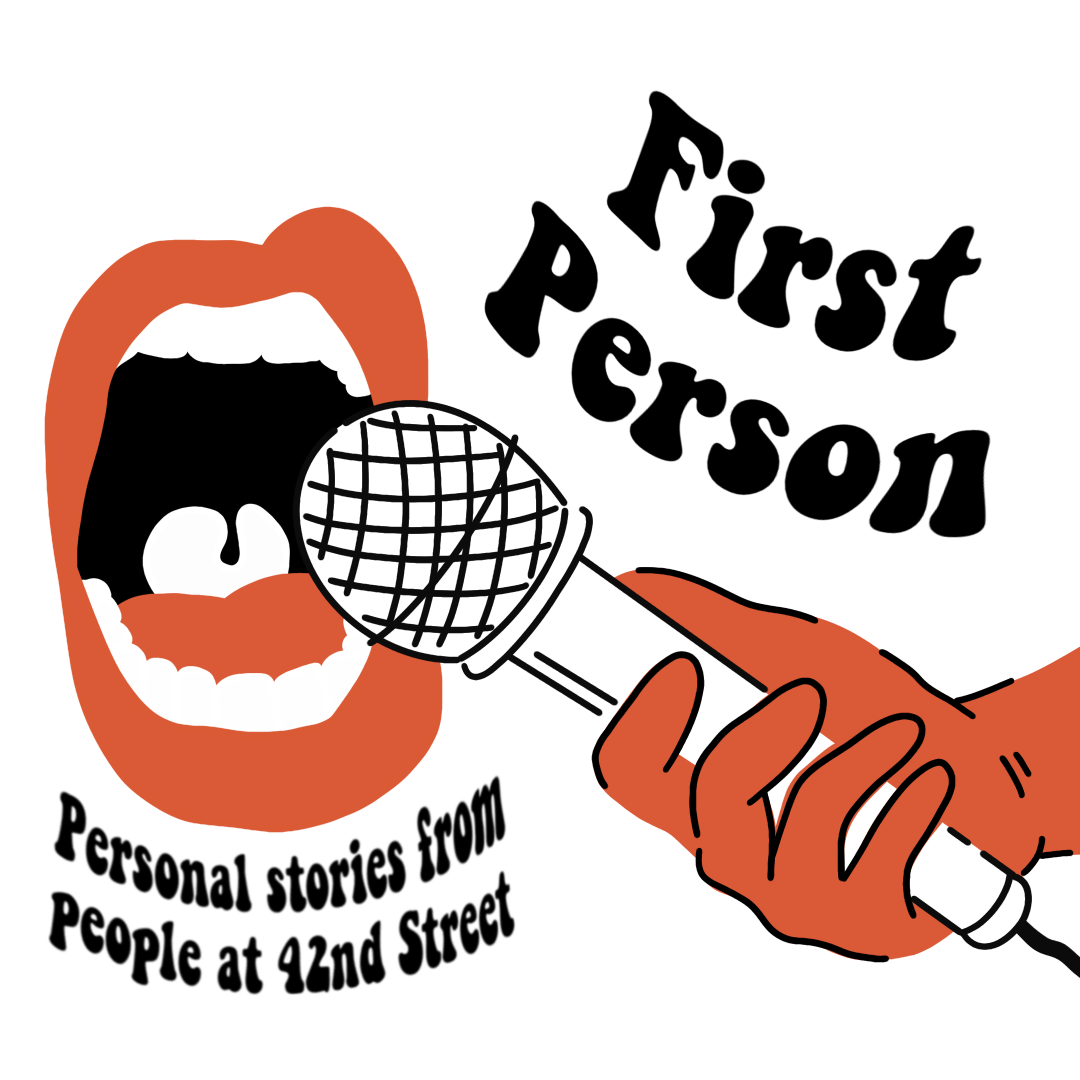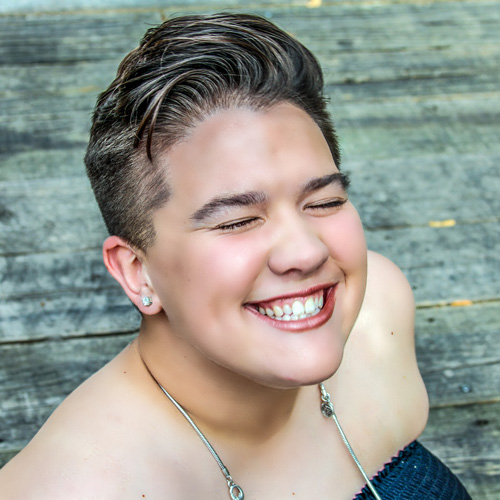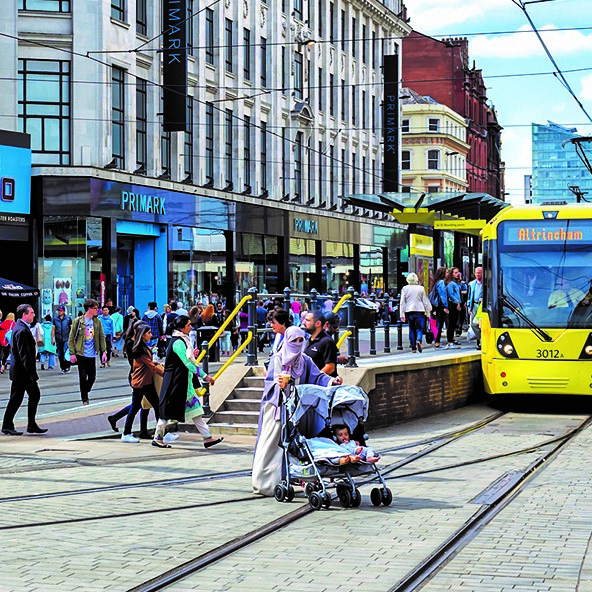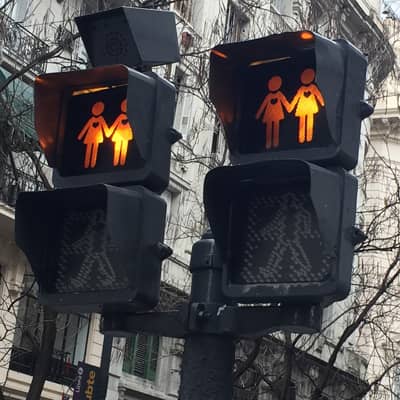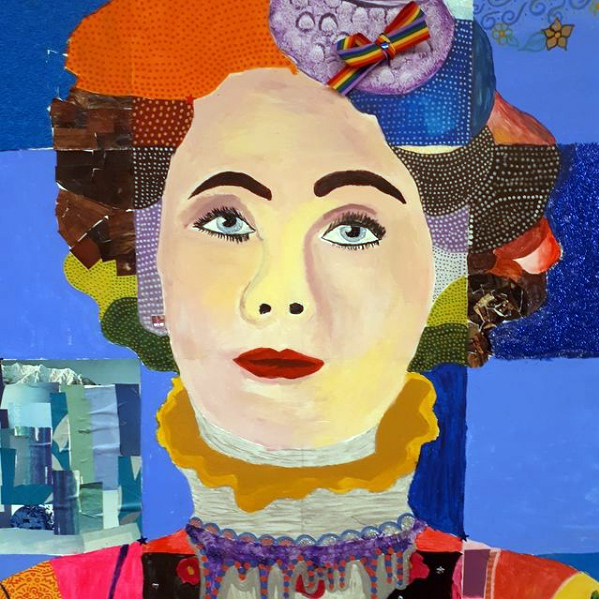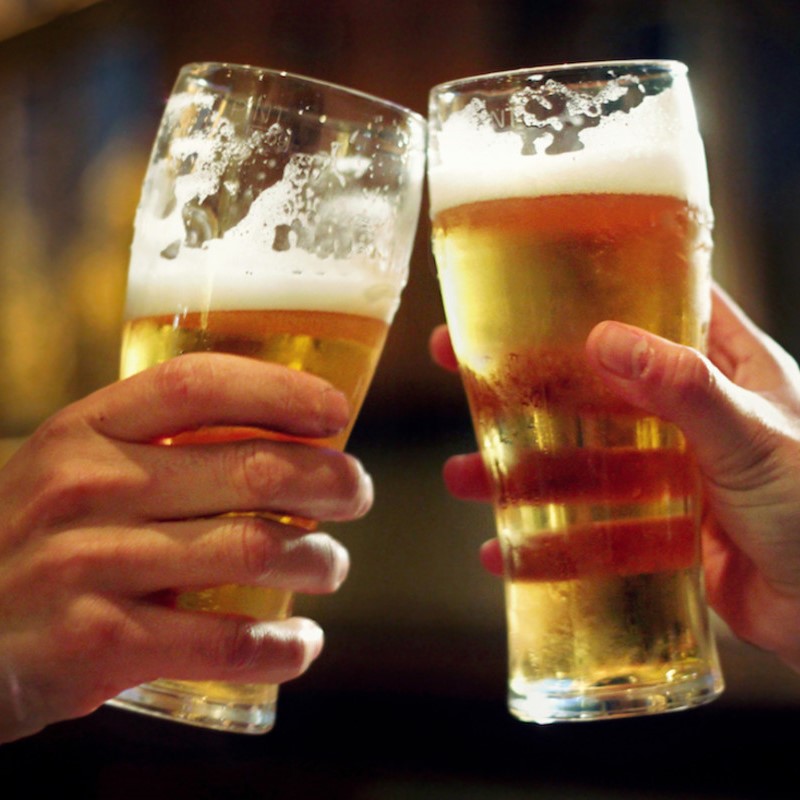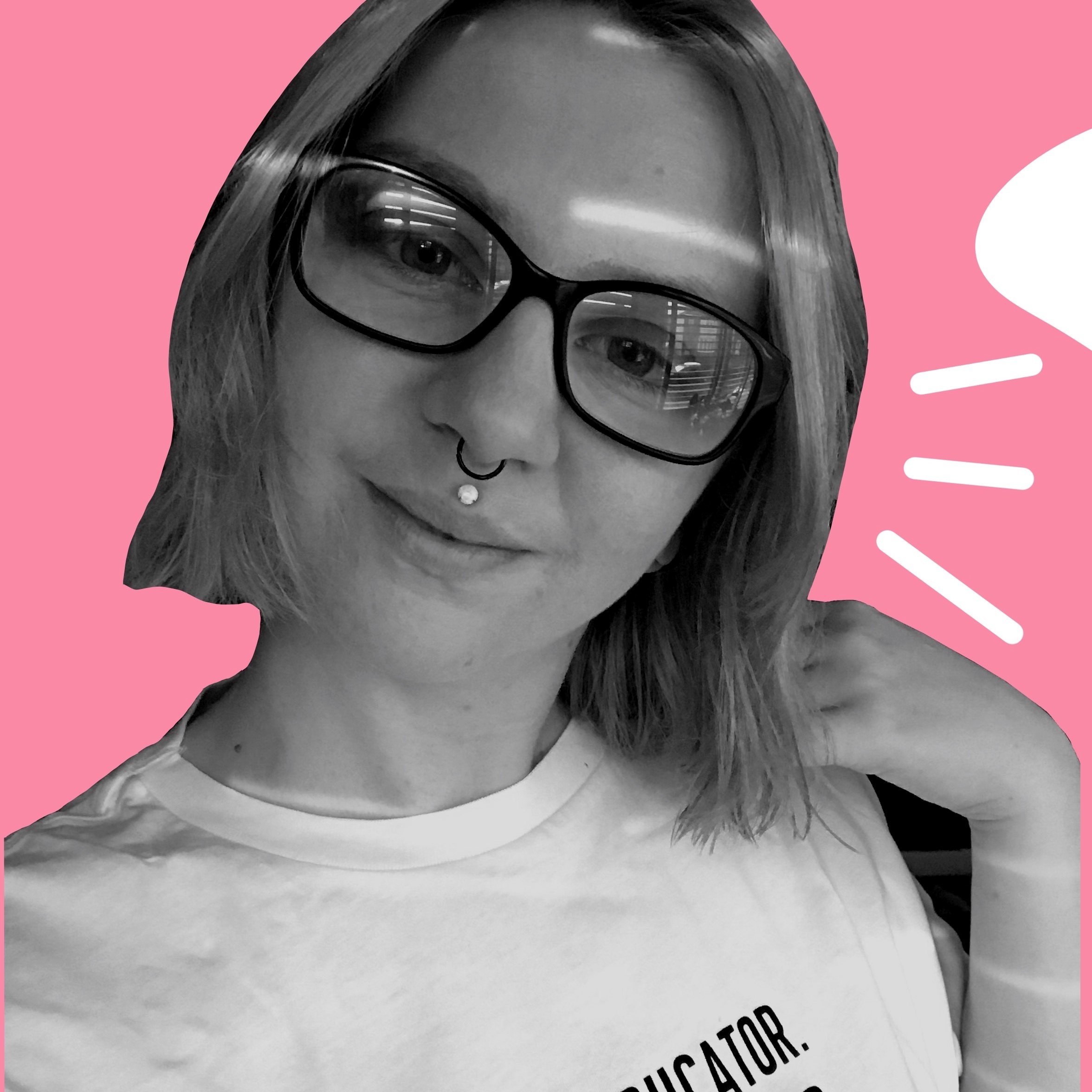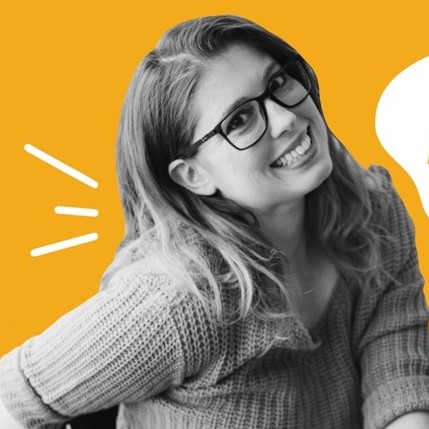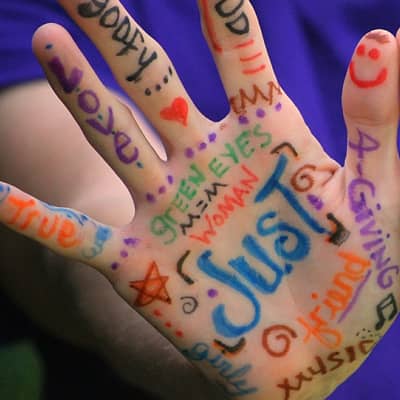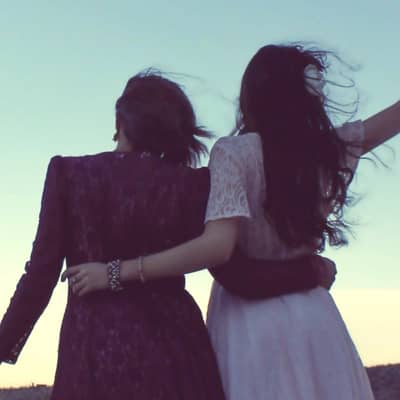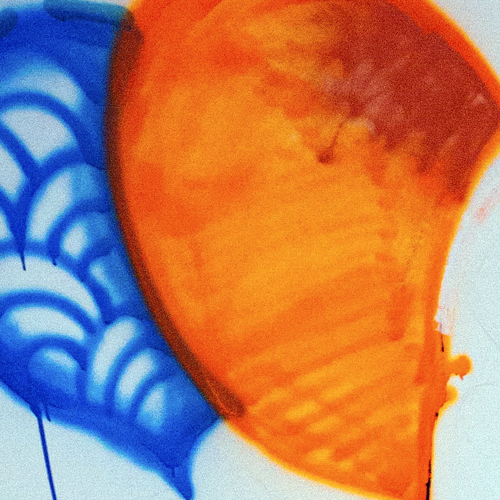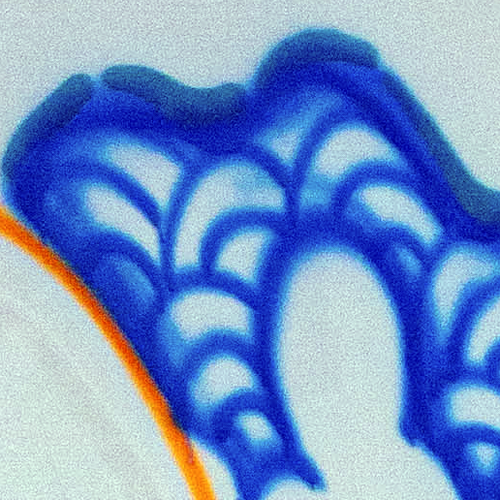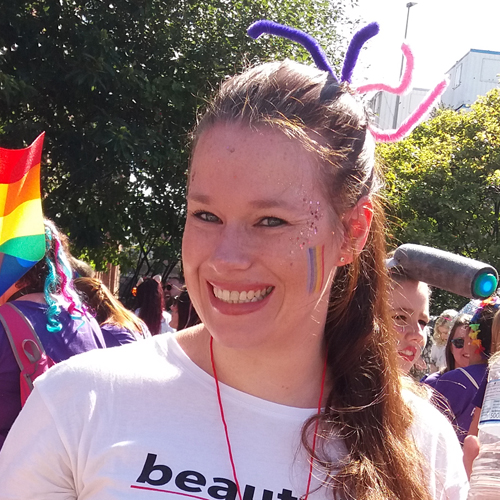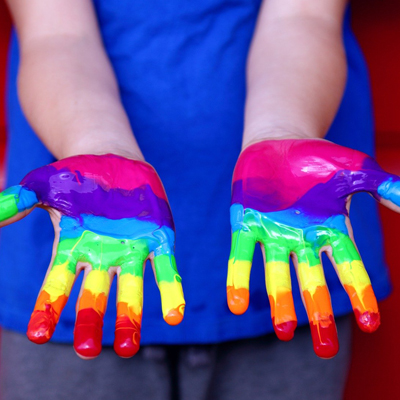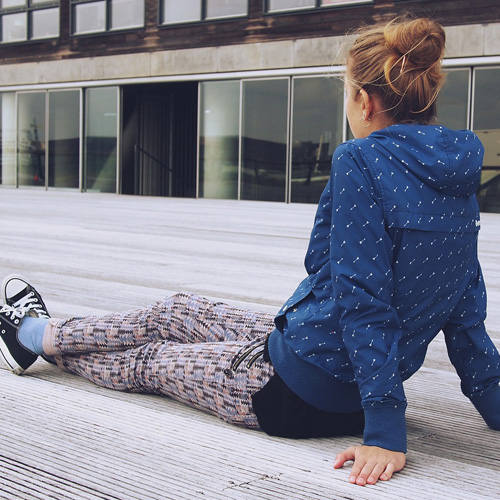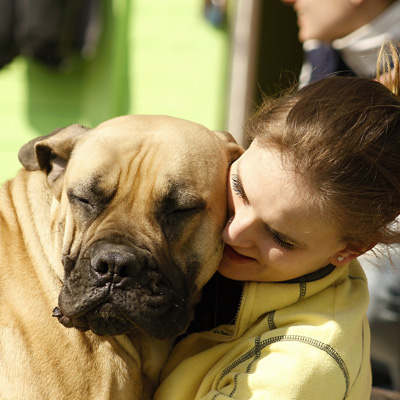Celebrating LGBTQ+ History Month
LGBTQ+ people from Manchester
Often when discussing LBGT+ people from Manchester, people talk about the successes of Alan Turing. There are lots of amazing out LGBTQ+ people born and living in Manchester who’ve done a lot for our community. Here is a bit of information about them. At the end of the article, there is a list of references for further reading.
Alan Turing, Code Breaker and Computer Visionary

Alan Turing is one of the most famous and well-known LGBTQ+ Mancunian’s. Around Manchester there are roads, buildings and memorials in his name. He is most well-known for helping to develop early versions of modern computing. Many consider him the father of theoretic computer science and artificial intelligence. He is one of the most influential code breakers of WWII. He inspired and oversaw the code that broke the Nazi’s Enigma machine which helped to end the War.
Turing was born in London in June 1912. Despite now being known as one of the most innovative and powerful mathematicians and cryptographers of the 20th century, during his time Alan was prosecuted for being gay and died known as a criminal. In 1952, Alan was convicted under as a homosexual after he was burgled and confessed his relationships with Arnold Murray. During this time, homosexual acts were considered criminal offences, so both men were charged with ‘gross indecency’ under the Victorian Criminal Law Act 1885. He was punished by the same government he massively helped and forced to have chemical castration to reduce his libido.
When he was still the Prime Minister, Gordon Brown, said ‘we’re sorry - you deserved so much better. Alan and the many thousands of other gay men who were convicted… under homophobic laws were treated terribly.’ Turing’s sentence has now been repealed. It literally took until 2009 for the British government to apologise for the treatment of Alan. In 2016, Theresa May introduce the Alan Turing law which pardoned thousands of gay men convicted under the old gross indecency crimes for same-sex relationships.
In 2014, The Imitation Game was made inspired by Alan’s story. And technology today is still inspired by Turing’s ideas.
Carl Austin-Behan, politician and community activist

Manchester’s first openly LGBTQ+ (and one of the youngest) Lord Mayor of Manchester was Mayor from May 2016 to May 2017. When he won the vote to be Lord Mayor he said: ‘we still have a long way to go, but that showed me just how far we’ve come in such a short time.’ Carl has achieved many things including being a Labour Councillor for Burnage for 7 years from 2011 to 2018, and winning Mr Gay UK in 2001.
He serviced in the Royal Air Force from 1991 until he was discharged in 1997, because this was a time when it was still illegal to be openly gay in the RAF. He was stripped of his medals. In 2000, this policy was changed, and the RAF has now been named one of the most inclusive employers by Stonewall, a LGBTQ++ rights lobbying charity.
In an interview Carl said he suffered a ‘very deep depression.’ He lost his career, his friends, his pension and faced homelessness due to his sexuality. Talking about this he said “I had gone from a job which I was to have for 22 years to nothing within minutes.’ He decided he ‘knew I had to start being true to myself, even if it meant losing everything.’
‘It took me two attempts to get into the RAF, it took me two attempts to get into Mr Gay UK and two attempts to get into the council. Turning negatives into positives has always been my default and something my mum taught me. I’ve always fought - if you don't succeed at first, get up and try again.’
He is now Andy Burnham’s LGBT advisor. He is fighting for his belief that different identities and sexual orientations should be respected and celebrated in Greater Manchester and nationally. Many of his pieces of work reflect his passion for promoting diversity, equality and inclusion. He has raised over £100,000 for children with HIV and £25,000 for Alzheimer’s Society.
Stephen Whittle OBE, transgender activist

Stephen Thomas Whittle is an activist from Altrincham who founded transgender rights group Press for Change. Stephen is a transgender man who married his partner after the Gender Recognition Act 2004 came into force in April 2005. He has been described as a ‘radical lesbian before his sex change and now a leading commentator on gender issues.’ Amongst other awards, he has been appointed Officer of the Order of the British Empire (OBE) for ‘services to Gender Issues.’
As a child Stephen grew up in Wythenshawe, which at the time it was the biggest council estate in Europe. He suffered from rickets and so spent time in hospital with sun lamp treatment.
He knew form a young age that he was a man. He was questioning his identity aged 10, and began researching trying to find someone he could relate to. He felt shame and confusion about his sexual identity and desire to wear masculine clothing, as it was the 1960s and could only find a few transgender role models. When he was 17, sitting in his doctors waiting room he finally found a magazine story about a transgender woman, which he said was a life changing moment. The articles which were about trans women like Della Alexsander and April Ashley who had had sex changes helped him with his own identity.
He said that he wanted to do ‘all the things the boy wanted to do… there were girls races and boys races. I remember I couldn’t stop crying because I was always going to be in the wrong race.’ When Stephen attended Withington Girls’ School he realised his sexual attraction to girls, but never came out. He came out as a FTM (female to male) trans man in 1974 after he came back from a women’s Liberation Conference in Edinburgh. A year later, aged 20, he began hormone replacement therapy, supported by his manager at the university he worked at. Between 2001-2003 Stephen had phalloplasty surgeries. There is a Channel 4 documentary called Make Man Me a Man about his experiences with this.
Since then Stephen has done lots of important activism for the trans community, including founding the UK’s FTM Network in 1989 and Press for Change in 1992. Press for Change is a campaign group that works to change the laws and social attitudes towards transgender, their aim is ‘seeking respect and equality for all trans people in the UK.’ The group successful led the campaign for full legal recognition for transgender people living in Britain, including the right to marry. They also provide advice and advocacy and a range of information, training and publications to educate the public and help people attain/maintain their civil rights. Press for Change has been called ‘one of the most successful lobby groups seen in the last 25 years.’
Stephen has regular consultations on transgender law reform. Since 1993, he has been a Professor of Equalities Law at MMU. He says he will continue to work until he knows every child in the world has the right to feel comfortable with who they are.
Sir Ian McKellen

Sir Ian McKellen is most well known for playing Gandalf in Lord of the Rings. He grew up in Greater Manchester. He publicly came out as gay over on a BBC Radio interview 30 years ago and he has done many important things for the LGBTQ+ community.
When speaking about coming out as gay in 1988, Ian said he ‘never stop talking about it since.’ He said he ‘made up for lost time’, coming out ‘changes your life utterly’, and helped him to discover himself. ‘My relationships with my family, with friends, with strangers and my work got better as I wasn’t hiding anymore.’ He came out during at time that the Sexual Offences Act decriminalised private homosexuality for men over the age of 21.
Ian is famously outspoken about LGBTQ+ issues. After the decision was made for Albus Dumbledore to be not explicitly gay in Fantastic Beats: The Crimes of Grindelwald, Ian said ‘isn’t he? That’s a pity.’ In the same interview he spoke about how Hollywood mistreats women ‘in every way possible’ and pretends that gay men don’t exist, despite around half of Hollywood being gay.
Ian is the cofounder of Stonewall, a LGBTQ+ rights lobby group and a patron to LGBT History Month, Pride London, GAY-GLOS and the Albert Kennedy Trust amongst other places. In 2019, Ian set up a new programme with the LGBT foundation to support people over 50. This LGBT foundation programme is called Pride in Ageing. It aims to work to end inequalities faced the LGBTQ+ community face and ensure they will have ‘access to inclusive housing and care in later life.’ It will also ‘celebrate the positive aspects of being an LGBT person in mid-to-later… bringing people together to share stories and building a community of active and empowered LGBT people.’
Antony Cotton, Coronation Street star

Antony Cotton from Bury has been on Coronation Street since 2003, appearing in over 1461 episodes by 2017 as the gay character Sean Tully. He also played Alexander Perry in Channel 4’s Queer As Folk.
Antony considers himself an ambitious person. He actually got the role of Sean after writing to Corrie’s head of casting and suggesting the show needed a character like Sean and that he’d be the best fit. Sean was then devised by Antony and a group of Corrie writers.
Antony has got some negative comments about Sean from members of the LGBTQ+ community for being a ‘stereotype.’ Alan Carr has received similar comments and tweeted that the most homophobia he receives is ‘from gays.’ Despite this, Antony backs the character Sean, saying ‘for every one of those people who say to me that Sean’s a stereotype, and that he doesn’t have a political storyline, actually the fact he’s never had to explain himself makes him the most political gay character in a soap.’ Corrie has always played a role in supporting the LGBTQ+ movement, including by having characters like Elsie Tanner and Bet Lynch known as gay women.
When on the official Coronation Street float at 2019 Manchester Pride, Antony confronted protesters who had homophobic picket signs whilst he was wearing a T-shirt with the slogan ‘some people are gay, get over it.’ While being cheered on by the crowds, Antony used the Pride flag to touch the protestors signs before getting back on the float and blowing a kiss in their direction, allegedly telling them to ‘shut up.’
Juno Birch, drag queen

Juno is a drag queen from Manchester who said she was always doing drag even without knowing it. This is why she kept her real name for her drag.
Juno felt her sex was ‘artificially’ chosen for her. She struggled as her appearance became more masculine when she hit puberty. She began her transition at 14.
Her art celebrates her femininity, and her remaining masculinity which she calls ‘alien.’ This is why she created her female alien characters and sculptures with characteristics like stubble chins, broad shoulders and Adam’s apples, features people often associate with masculinity. There are no rules to drag make-up, and Juno show-cases this. She is well known for painting her face with pastel colours like purple and blue. She refers to this as ‘alien skin.’
As a child Juno suffered from body dysmorphia and bullying at school, but learnt to use her humour as a weapon against the bigotry and ignorance of the bullies. Her gender dysphoria taught her she can be whatever she wants and not to care, just to have fun. She describes her drag persona as a ‘Martian spy woman, meets The Muppets, meets 1960s housewife, meets Squidward, meets The Fifth Element, the sixth element, the seventh element... all the elements darling."
Juno says she ‘builds up so much energy and character’ when getting into drag. This creative outlet she started as a child helped her. When her make up is wonky or lopsided and she embraces it. She says instead of the old-fashioned 1950s way of using make up to impress your husband, she sees beauty as an artistic expression.
She’s been featured in Vogue. In 2020, GQ called her ‘one of the country's most interesting drag queens.’ She has a YouTube channel where she plays Sims, does make up tutorials and collaborates with other artists and drag queens.
Louise Wallwein MBE, poet, playwright and performer

Louise is a Mancunian creative. Louise has worked within communities, universities, housing associations and libraries to make poetry, films and theatre - including with 42nd Street. She believes working with young people is a core part of who she is and that poetry has a power to build bridges, communities and make excellent art co-created with and for the people.
Louise is also a writer. She wrote a play BBC Radio 4 Drama which explores how her ‘fractured’ childhood of adoption and growing up in care shaped her identity. Glue is about her first two meetings with her birth mum who she met after a 12-year search. Louise describes Glue as ‘one of the realest stories a human can share.’ It had a really good response from audiences, which includes care leavers and mothers who’ve had children taken away or put up for adoption. Louise understand audiences who’ve had similar experiences will always have questions and hopes that the play will hope to answer them. Louise says this is a ‘beautiful completion of a journey artistically.’ 30 years ago she was writing a play about a girl searching for her mother, and then she did a play on stage about the same girl meeting her mother.
Her birth mum put her up for adoption in 1969. A bit after she was adopted by a family in Wythenshawe, but she left that home and never found a permanent family after that. In total Louise had around 13 different placements. At the age of 17, she wrote her first play with the Contact Theatre. Because of her experiences growing up she sees herself as an ‘outsider.’ She says ‘I can see you all in society with your families’ which she thinks is a good thing as ‘this makes my view of the world quite a privileged vantage point.’ But, she still thinks that her story ‘demonstrates something very universal and fundamental about our society.’
Kate O’Donnell

Kate O’Donnell is an award-winning performer and writer, director and theatre and cabaret marker. In Manchester she initiated our first trans arts festival called Trans Vegas in 2017, which successfully gave a platform to 300 trans voices. It went digital in 2020 due to Covid-19.
In 2016, she founded Trans Creative arts company which has the tag line ‘telling our own stories.’ Trans Creative fight for urgent social change and a place for people to tell and hear stories in a safe space where the trans experience is not debated. 400 people have joined their Trans Social Club, where trans artists from across the globe come together to create work and encourage each other.
Kate has done more than just this though, by playing major roles on TV including Boy Meets Girl and Eastenders, she has played an important role in the trans community becoming more visible than ever. Kate often uses to her creativity and art to make the social change needed. This is why she tours places ‘off the beaten track’, to reach the places that haven’t had as much of an LGBTQ+ presence. She says all she wants to achieve if for people to leave ‘with a different version of what transgender is.’
Kate understands the important of having nuance and diversity in the news told about LGBTQ+ people, instead of just doom and gloom stories. She points out the unfairness of how trans kids are treated like second class citizens because their rights are taken away when they are not allowed to use whatever toilet they want. In the UK it is a postcode lottery where some schools will be understanding of trans kids, and some will not. ‘Taking away your human rights like that can’t carry on’ she points out.
In 2018, she won the Manchester Pride Spirt of Parade award with the Big Girl’s Blouse and twitter campaign #StandByYourTrans. Big Girl’s Blouse was a touring theatre play in which Kate shared her story. She said after years of playing other people’s stories she knew it was ‘time to stand up and tell my own.’ During the 1990s the Edinburgh Fringe and other arts festivals were filled with stories of coming out experiences, but the trans community lacked this representation. Kate comments on this saying that the trans experience has been ‘very underground until recently, it’s still quite a new phenomenon in terms of visibility and people’s awareness of it.’ She points towards the internet as playing a massive part in the increase in trans awareness.
She has won other awards for her work including the LGBT Foundation Hero Award and the Brighton Fringe LGBT award.
Cheddar Gorgeous, drag queen

Cheddar leads the Manchester-based drag collective Family Gorgeous who’ve been in the centre of Channel 4’s Drag SOS, which has been described as Queer Eye with drag queens. The show helps people gain confidence and experience freedom through drag. Cheddar believes ‘drag has always had that place of creating a safe space and being a place that a community could come together.’ She thinks drag allows a person to connect with anybody they want and that this is the ‘real fun power of drag.’ She hopes that the tv show will create an interest in going to see local drag shows.
Although she is from Birmingham, Cheddar has lived in Manchester for 12 years and considers it home. She has worked over Manchester including at Albert’s Schloss, a venue which has invested into the arts. When talking about the work, a colleague Joe says ‘as a plus sized performer, I get to do really risqué shit at Alberts. And the thing is, you’re not preaching to the converted - you’re challenging your audience, and that feels good.’
Together Joe and Cheddar were helped to create their own night in 2009 called Tranarchy. ‘I liked that it was really unpolished, really messy and that everyone was learning,’ Joe says. ‘We made no money from it, but it felt necessary.’ Cheddar thanks RuPaul for creating a wider acceptance and understanding of what drag is. ‘I think it’s absolutely wonderful,’ she says. ‘Drag Race absolutely helped us get where we are today. It created mainstream interests in drag again.’
Carol Ann Duffy, poet

Carol Ann Duffy is a feminist poet and tutor at MMU. 341 years after the creation of the poet laureate, Carol became the first woman given the position of poet laureate, which is the most prominent literary position in Britain. When she was appointed the position by Andy Burnham, she said ‘it is a great day for women writers’ as she thinks it ‘highlights the ways that women writers have changed the landscape of literature in this country.’
Carol sees poetry as a place to go for ‘for comfort, celebration, when we’re in love, when we’re bereaved and sometimes for events that happen to us as a nation.’ She has written many poems about topics like female sexuality and desire.
This is her poem in response to the shooting at an LGBTQ+ club in Orlando in 2016 called Gay Love.
This writer is gay,
and the priest, in the old love of his church,
kneeling to pray.
The farmer is gay, baling the gold hay
out in the fields,
and the teacher, cycling to school each day.
The politician is gay,
though he fears to say,
knotting his tongue, his tie;
and the doctor is gay,
taking your human pulse in her calm way.
The scientist is gay,
folding the origami of DNA,
and the judge, in his grey wig, is gay.
The actress is gay,
spotlit in the smash-hit play;
the butcher, the baker, the candlestick-maker,
our children, are gay.
And God is gay.
Talking about sexuality, Carol said it is something that is celebrated now we have civil partnerships and ‘that’s fantastic that I’m an openly gay writer, and anyone here or watching the interviews who feels shy or uncomfortable about their sexuality should celebrate and be confident and be happy.’ She sees sexuality as ‘a lovely, ordinary, normal thing.’
DJ Paulette

Paulette aka Paulette Constable is a house and garage music DJ born in Manchester. She had a career that’s spanned almost 30 years with residencies in many clubs including Heaven, The Ministry of Sound and Ibiza Rocks.
She had a residency at The Hacienda (1991-1995). Paulette and The Hacienda played a big part in the formative years of the dance scene. However, Paulette says it’s still known as a ‘whole big men’s story’, so she’s working to ‘put it right.’ She knows that women are often written out of history and is trying to make sure that people know she actually played there. Her and Kath McDermott were the only two women who ever had residencies at The Hacienda and it was one of the first places that actually employed female DJs at all. Between 1980 and 1990 there was no other clubs in Manchester putting women on the decks.
As a gay woman, Paulette had a residency at Flesh, Paul Con’s legendary gay night. It was the gay scene and flesh club which helped Paulette come up.
Paulette has traveled around most of the world but says that there’s something special about Manchester because ‘people have really helped me here’ so she ‘feels looked after here.’ In Ibiza it felt like ‘every man for himself.’
She has won many awards internationally including best DJette.
David Hoyle

David Hoyle is a performance artist born in Blackpool in 1962, who now lives in Manchester.
As a child, David was bullied for his homosexuality. As he suffered from abuses like getting assaulted and having no one to talk to at school. At school people would say referred to him as looking ‘like walking to your death on a daily basis.’
Comedians like Ken Dodd and Dorothy Squires who visited Blackpool every summer provided David some relief from the bullying. He loved their glamour and beauty. At the age of 17, David first visited the gay scene, and began performing in a pub in Blackpool with his character Paul Munnery-Vain.
Whilst performing in gay clubs in the early 1990s, he developed the ‘anti-drag queen’ The Divine David, which included his views against the ‘materialistic-hedonistic gay scene’ and capitalism. He describes capitalism as ‘the cruelest, most insulting system to any so-called civilisation.’ He acknowledges how far we’ve come towards equality, whilst taking note of how far we’ve got to go with 40 countries where being LGBTQ+ is still criminalised.
The Divine David had two successful TV shows on Channel 4, The Divine David Presents (1998) and the Divine David Heals (2000.) As well as apparent on BBC’s Comedy Nation in 1998. Since rather he has continued with his appearances including releasing his own feature film in 2010 called Uncle David.
Russel T Davies, writer

Russel T Davies is from Swansea. He has written many tv series about LGBT people, many of them set in Manchester. This includes Cucumber and its spin off series, Banana, about young LGBTQ+ people.
He considers himself to be a gay writer and thinks it’s an ‘unexplored territory creatively.’ He believes that although LGBTQ+ people have been writing ‘behind the scenes, making sensible decisions, for thousands of years’, there’s lots of things that have been felt by LGBTQ+ people that have not yet been put on screen or the page.
Queer as Folk premiered in 1999 which was based on his own time and experiences in the Manchester gay scene and won a BAFTA. He also wrote many things including Doctor Who, The Sarah Jane Adventures and It’s a Sin which is written about a group of queer people living in London from 1981-1991 during the HIV/AIDS crisis. Although it was set in London, lots of it was filmed in Manchester. When speaking about the AIDS crisis he talks about how it happened ‘in silence and fear’ which ‘tightened the closet door.’ In the same interview he said that it’s important LGBTQ+ is shared and shared as part of history, not ‘off in a separate pink corner.’ He understands LGBTQ+ history is just part of history, like Julius Caesar having male lovers.
Russel met his husband called Andrew Smith in 1998 in Manchester. He says it was a ‘magic moment’ when they met. Russel thinks he was ‘very lucky’ to marry the ‘nicest man in the world.’ Unfortunately, Andrew fell ill with a brain tumour in 2011. Russel was his principle carer and said that ‘those eight years i cared for him are our happiest years. They were so intimate and so honest. Everything else just falls away. No nonsense. I am talking about love here.’
Foo Foo Lamar

Foo Foo Lamar is a drag queen who has been described as ‘Manchester’s most flamboyant life and soul of the party.’ Foo Foo Lamar, aka Frank Pearson was a really important person in helping to build up Manchester’s reputation as Britain’s gay capital.
Frank left school with no qualifications. He was working in the at a paper mill in Ardwick and did boxing. Around the 1960s there was a boom of drag acts over the North West. This encouraged his desire for a job in the entertainment industry. He began appearing in drag in pubs under the name of Foo Foo Lamarr, inspired by Heddy Lamarr who was his favourite actress. As a young man, Frank said he did not know if he was ‘Aruthur or Martha.’ He also didn’t see himself as a drag queen, ‘more of a comic in a frock.’
In 1971, his dad threw a bar stool at Frank after seeing him dressed in drag. But this did not stop him. He successfully ran Foo Foo’s Palace on Dale Street, other clubs, bars and restaurants around Manchester. Foo Foo’s Palace attracted coaches of women from over the country as well as Manchester United players who wanted to see him perform. He created a personal fortune of £5 million over three decades. He raised more than that for charities including The Christie.
Foo Foo did many TV shows and hosted on the Men and Motors channel, including the segment Hot Agony Aunt
Frank was treated for cancer at the Christie and died at the age of 65 in 2003.
Members of the Suffragettes, political activists

Emmeline Pankhurst is most well known as the heroes for fighting for the women’s right to vote in the UK. However, most people don’t know that Emmeline was also a bisexual.
Emmeline was born in 1858 in Manchester to politically active parents. She was first introduced to the suffrage movement at the age of 14. Emmeline married Richard Pankhurst in 1879. Richard supported the suffrage movement, and was one of the male allies that helped to win the right to vote.
Emmeline is not the only one thought to be LGBTQ+. The sexuality of Suffragettes has been explored by many historians. Although other Historians debate this, Historian Professor Martin Pugh believes that many of the Suffragettes were involved in sexual relationships with each other. Mary Blathwayt’s (1879-1961) revealed that many of the Suffragettes were potential lovers as they spoke of sharing a bed.
Ethel Smyth was aware of her sexuality from a young age. In 1892 she wrote ‘I wonder why it is so much easier for me to love my own sex than yours.’ She also hinted at having women lovers. There are also several women who are described as falling in love with Christabel Pankhurst including novelist Elizabeth Robins, Emmeline Pethick-Lawrence and Annie Kenney,
At this time, women who had commitment and intimate relationships with other women were considered to be in what was called at the time a ‘Boston Marriage.’ Many of the Suffragists were known to be in power couples. These include people like Lucy Anthony and Anna Howard Shaw, Frances Willard and Anna Adams Gordon, and Jane Addams and Mary Rozet Smith. These Boston marriages were common. There are many documented examples of women spending their lives together. For example Gail Laughlin and Dr. Mary Austin Sperry met working on the Californian campaign for the vote. They moved to Colorado together then back to California, spending 14 years together until Mary died of the Spanish influenza in 1919. Their romantic relationship has been written out of history by many historians. There’s even biographical articles about Gail where Mary isn’t even mentioned.
Jill Louise Scott MBE, football player

Although Jill is from Sunderland, she plays midfielder for Manchester City and the England National Team. She’s been described as one of England’s four outstanding players.
Growing up Louise loved long distance running and football. At the age of 9 she was told she wasn’t allowed to continue playing on the boys’ team but refused to take no for an answer. She describes herself as a ‘defiant’ child and says that has remained with her into adult life.
Aged 13 made the decision to concentrate on playing football. Since then, she’s got an incredible list of successes. She played for England Under-19s side and scored three times in three games. Shortly after was recruited for the England senior squad. Three years later, in 2009 she was one of the first of 17 platers to be given central contracts by The Football Association. In the FIFA technical report from the 2011 Women’s World Cup, she was described as an ‘energetic, ball-winning midfielder who organises the team well [and] works hard at both ends of the pitch.’
She says ‘never take no for an answer’. She is one of many openly lesbian football players and got engaged to her long-term partner in 2020. Like Manchester United’s manager Casey Stone who wore a rainbow armband in a 2020 game after explaining that she doesn’t like the word ‘accepted’ when referring to LGBTQ+ people.
She said ‘It's like I have to be accepted by society and I don't like it. It's not the right word to use if we're talking about equality and human rights and just loving another human being. It should be the most normal thing in the world. And actually, not just accepting that I'm not part of it, but challenging it every single day to say that's not right and we need to be better.’
By Georgie B
Why not check out our LGBTQ+ resource hub too?
References
Alan Turing
- https://en.m.wikipedia.org/wiki/Alan_Turing
- https://www.nytimes.com/2019/06/05/obituaries/alan-turing-overlooked.html
Carl Austin-Behan
- https://www.greatermanchester-ca.gov.uk/what-we-do/communities/carl-austin-behan/
- https://www.manchestereveningnews.co.uk/news/greater-manchester-news/i-kicked-out-raf-being-19861894
Stephen Whittle
- https://en.m.wikipedia.org/wiki/Stephen_Whittle
- https://www.abc.net.au/news/2016-03-11/transgender-activist-stephen-whittle-on-hidden-identity/7237140
Sir Ian McKellen
- https://www.gaytimes.co.uk/culture/sir-ian-mckellen-urges-queer-community-to-stand-up-for-trans-rights/
- https://lgbt.foundation/news/sir-ian-mckellen-launches-new-programme-supporting-lgbt-people-over-fifty/307
- https://www.theguardian.com/film/2018/may/23/ian-mckellen-half-of-hollywood-is-gay-fantastic-beasts
Antony Cotton
- https://www.manchestereveningnews.co.uk/whats-on/whats-on-news/antony-cotton-manchester-pride-2019-16810642
- https://www.huffingtonpost.co.uk/2014/08/20/coronation-street-antony-cotton-gay-sean-tully_n_5694625.html
Juno Birch
Louise Wallwein
- https://louisewallwein.com/about
- https://theatreweekly.com/interview-louise-wallwein-writer-performer-glue/
George Morton
Kate O’Donelle
- https://www.northernsoul.me.uk/kate-odonnell-interview-transgender/
- https://transcreative.uk/kate-odonnell
Cheddar Gorgeous
- https://metro.co.uk/2019/06/25/drag-soss-cheddar-gorgeous-on-how-channel-4s-new-show-wouldnt-exist-without-rupauls-drag-race-10070244/
- https://www.vice.com/en/article/9ke5x7/manchester-gay-village-drag-queen-lgbt-nightlife
- https://www.channel4.com/programmes/drag-sos?cntsrc=social_share_ios_drag_sos
Carol Ann Duffy
- https://literature.britishcouncil.org/writer/carol-ann-duffy
- https://www.poemhunter.com/carol-ann-duffy/poems/
DJ Paulette
- https://www.skiddle.com/news/all/DJ-Paulette-Interview-The-Other-side-of-Midnight/29075/
- http://djpaulette.co.uk/
- http://djpaulette.co.uk/F
David Hoyle
- https://londonist.com/2011/08/interview-david-hoyle
- https://en.m.wikipedia.org/wiki/David_Hoyle_(performance_artist)
- https://www.qxmagazine.com/2019/02/preview-david-hoyle/
Russel T Davies
- https://www.theguardian.com/tv-and-radio/2021/jan/03/russell-t-davies-i-looked-away-for-years-finally-i-have-put-aids-at-the-centre-of-a-drama
- https://youtu.be/h27hcY_Etx0
Foo Foo Lamar
- https://www.manchestereveningnews.co.uk/news/memories-foo-foo-lammar-one-15585139
- https://www.facebook.com/BBCArchive/videos/1981-nationwide-foo-foo-lammar/468574954438534/
Emmeline Pankhurst
- https://www.theguardian.com/uk/2000/jun/11/vanessathorpe.theobserver
- https://www.nps.gov/articles/000/the-very-queer-history-of-the-suffrage-movement.htm
Jill Louise Scott






